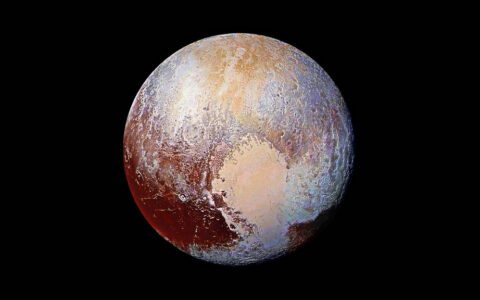
A significant challenge in current climate prediction models is to precisely depict clouds and their global warming and humidification, as reported by Phys. This issue is at the heart of the broad diffusion of climate forecasts. Nonetheless, precise projections of global warming in the face of increasing greenhouse gas emissions are vital for most policymakers.
Climate prediction models are essential in the perspective of climate change
In a newly published online report, scientists directed by Pierre Gentine, an associate professor at Columbia Engineering, demonstrate that machine learning technologies can be employed to tackle this problem and improve cloud mapping in high-resolution (~100km) climate models, which can narrow the prediction range.
“This could be a real game-changer for climate prediction. We have great uncertainties in our prediction of the Earth’s climate response to rising greenhouse gas concentrations. The main reason is the representation of clouds and how they respond to a change in those gases. Our study shows that machine learning techniques help us better represent clouds and thus better predict the global and regional climate response to increasing greenhouse gas concentrations,” explained Pierre Gentine, the study’s leading author, cited by Phys.
Machine learning could also help the fight against global warming
The scientists used an idyllic setup, namely, an aquaplanet, as prototype concept for their innovative approach to convective parameterization involving machine learning. They coached an artificial intelligence system to study a model that accurately depicts the clouds.
The AI system, called Cloud Brain (CBRAIN), had successfully forecasted most of the cloud heating, humidification and radiation features that are critical to every climate model.
The scientists also point out that, as the global temperature sensibility to greenhouse gases emissions is closely associated with cloud representations, CBRAIN may also be able to enhance future temperature forecasts and help the fight against global warming.




